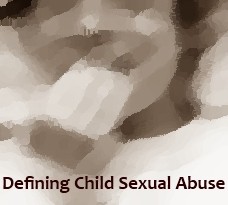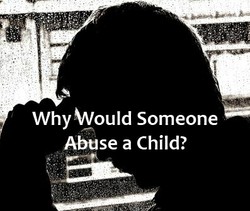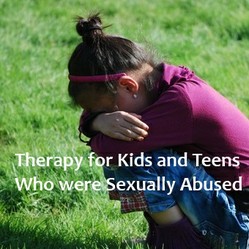Any form of sexual behaviour between a child and an adult is abusive because its purpose is to gratify the adult's needs, whether these are sexual needs or the need for control and power, or the need for warmth and affection.
Children cannot consent to sexual behavior because they do not understand the consequences of sexual relations nor do they understand the nature of sexual urges. Therefore, even if a child is persuaded to give consent this is still abuse.
In spite of the fact that this should be clear, there are some subtle forms of abuse that may escape detection. This gray area also confuses the child more than more blatant forms of abuse. Let us look at the different ways in which sexual abuse is perpetrated to understand the nature of abuse and its impact on the victim/survivor.





 Visiting an Art Gallery With a Two-Year-Oldon 07/27/2015
Visiting an Art Gallery With a Two-Year-Oldon 07/27/2015
 Using the News to Enhance Jewish Identity in Jewish Kidson 07/24/2015
Using the News to Enhance Jewish Identity in Jewish Kidson 07/24/2015
 Xi'an - Not Just Terracotta Warriorson 06/09/2015
Xi'an - Not Just Terracotta Warriorson 06/09/2015
 Sew Your Own Wedding Dress - or Your Daughter'son 02/06/2015
Sew Your Own Wedding Dress - or Your Daughter'son 02/06/2015



Comments
@Ragimelil: Thanks. Glad you found it useful.
Excellent definition of abuse. Thanks for writing this!